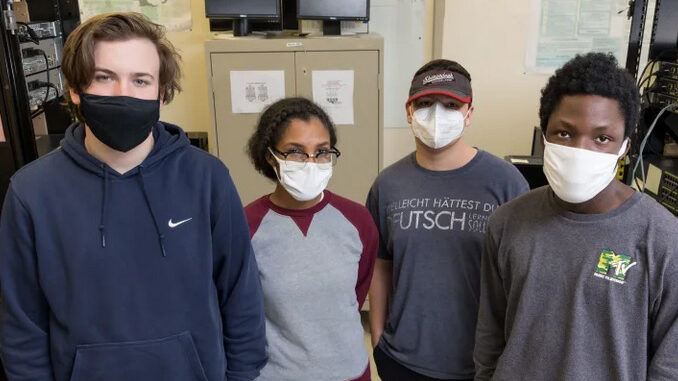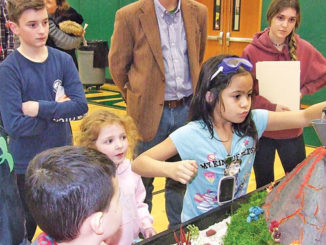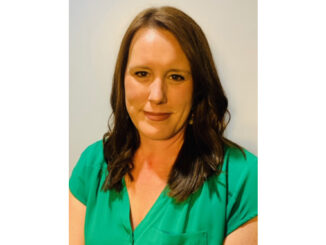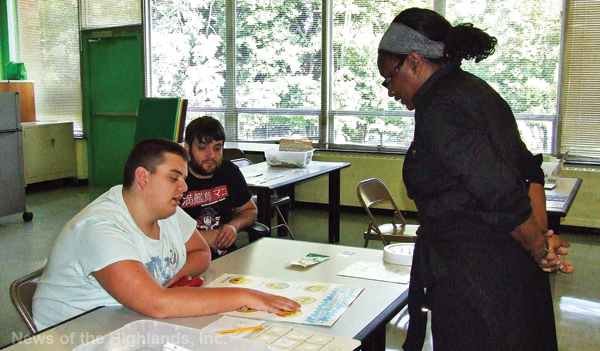
Cornwall’s Ward enjoyed CyberPatriot Competition
The idiom “practice makes perfect” applies when Cornwall High School junior Kevin Ward considers his team’s third place finish in the recent CyberPatriot Competition. It was the team’s first year in the competition, but Ward believes they can be better.
“It feels pretty good,” Ward said of the finish. “Our team worked hard. Third place isn’t bad for our first year.”
Ward believes his team could have worked even harder, especially when provided with practice simulations.
Ward, a computer networking student at Orange-Ulster BOCES Career and Technical Education Center teamed up with three other first-year students, Phoenix Graham (Goshen), Charles Mason (Minisink Valley), and Oluseye Ilori (Pine Bush), to participate in the National Youth Cyber Defense Competition.
The competition is part of a cyber-education program conceived by the Air Force Association to inspire high school and middle school students toward careers in cybersecurity or other science, technology, engineering, and mathematics disciplines critical to the future and security of the United States.
Nationwide, high school and middle school students pretend they’re newly hired IT professionals tasked with managing the network of a small company. Over the course of six hours, teams compete in three rounds in which they are given a set of virtual operating systems and are tasked with finding and fixing cybersecurity vulnerabilities while maintaining critical services.
“Each round has simulations which we call images,” Ward said. “Each teammate will take a separate image. There’s usually three per round. It’s scored out of 100. When we get the simulation, there are issues within the simulation that we have to solve and try to reverse. If that’s the issue, we get points. If you have 100, you’ve succeeded greatly, but that doesn’t happen often.”
Each round offered teams three images to work on such as Windows 10, Server 2019, or Server 2016. Ward personally focused on Windows 10 throughout the competition and his teammates worked on the others. With a fourth member, that person played the role of researcher to help figure out what needed to be improved or fixed.
Ward explained each image had different issues whether it be disabling different features throughout the PC or removing certain users or programs because they might be harmful.
In the first image, there were only 20 items which needed fixing, but as the rounds went on, the number of problems increased and became more difficult to solve. Teams were provided with checklists to help determine the issues, but once the checklist was complete, teams were left on their own to figure out the leftover problems.
Ward said his team had about four weeks to prepare for the competition, but social distancing made it difficult for the members to get to know each other.
“I’d say we worked pretty well together for how little we knew each other,” said Ward.
By finishing in third place, Ward’s team was placed in the New York State Gold Tier, but he believes a platinum finish is possible next year. Practicing more will help, he said, adding as first- year students the team members didn’t have a huge grasp on the systems overall. With all four members potentially returning next year, having another year of classes under their belts will provide for a better understanding of the systems.



